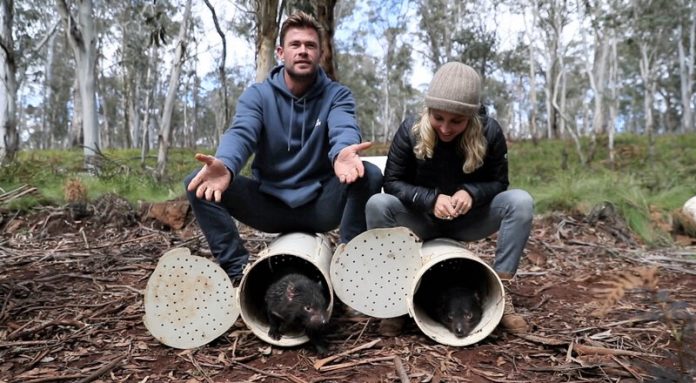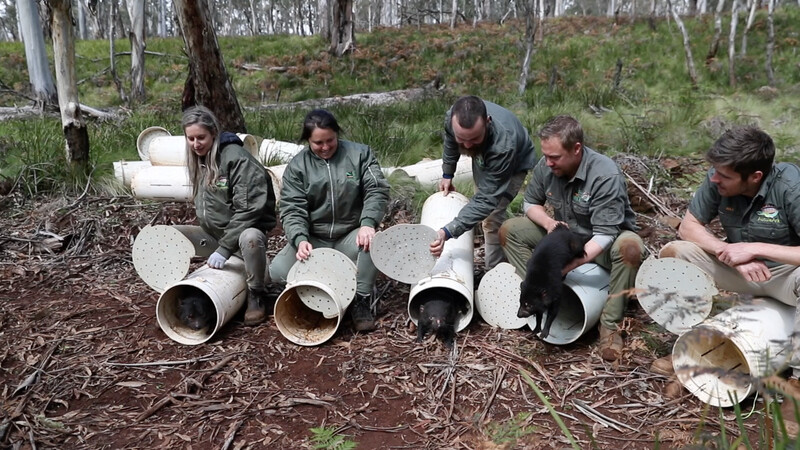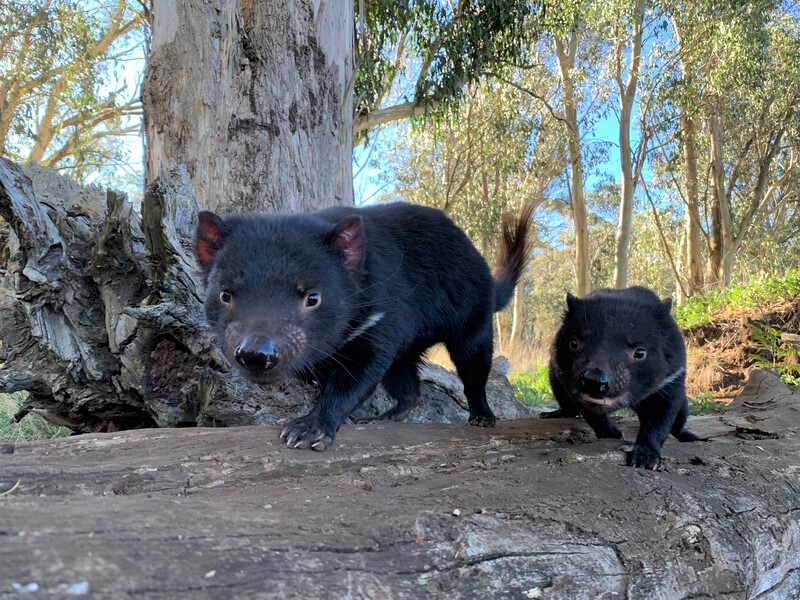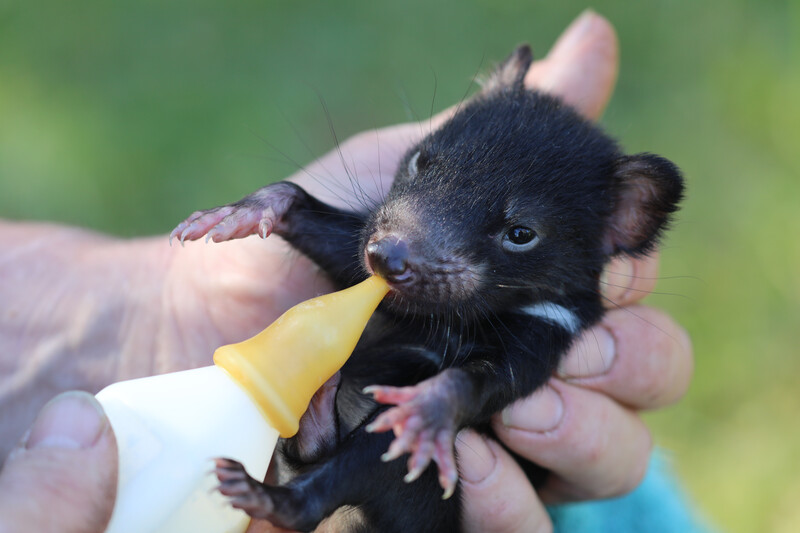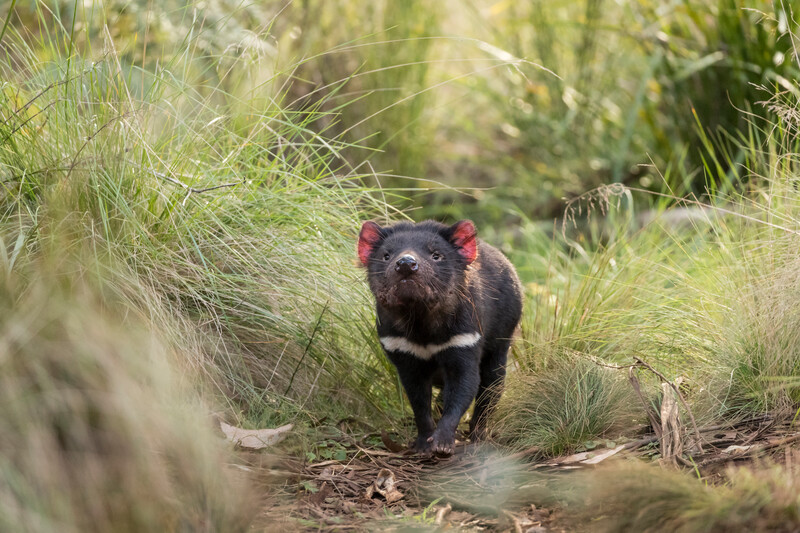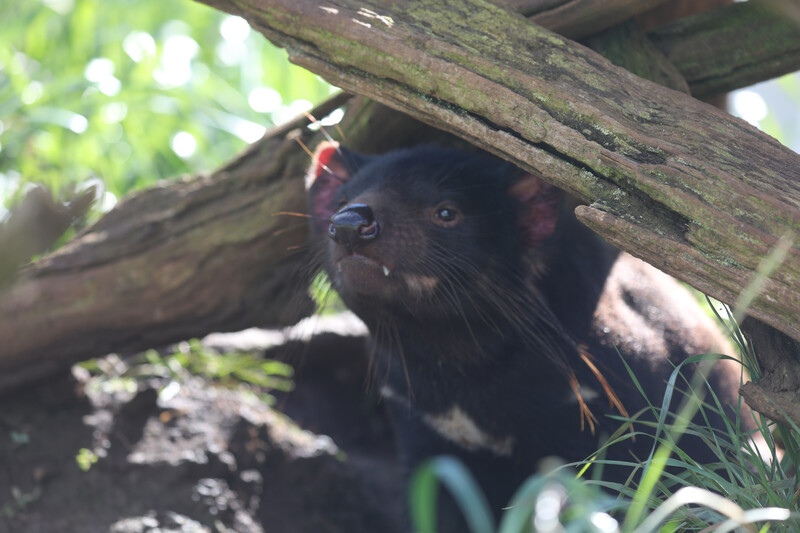You can help all animals and our planet by choosing compassion on your plate and in your glass. #GoVeg
RELATED ARTICLES
Undercover Investigation By Lady Freethinker Exposes Shocking Cruelty In Dog & Cat Meat Trade In Vietnam
Photos by Lady Freethinker
A new undercover investigation by animal protection group Lady Freethinker into the dog and cat meat trade in Hanoi, Vietnam, reveals...
$10,000 Reward Offered For Information On Bald Eagle Shot In Utah & Subsequently Euthanized
The Center for Biological Diversity announced a $10,000 reward last week for information leading to a conviction for the illegal shooting of a bald...
Ivory Continues To Be Trafficked Illegally Across The EU Despite New Strict Regulations
New research reveals that substantial amounts of ivory continue to be traded illegally across the European Union (EU) despite stricter rules adopted two years...
Popular stories
News
Massive Protest In Spain Against A ‘Factory Farm’ That Plans To Kill 300,000 Captive Octopuses For Their Meat
On Sunday, AnimaNaturalis, together with Eurogroup for Animals, Acción Océanos and Roots & Shoots from the Jane Goodall Institute held a protest in front...
New York Residents: Take Action To Ban Cruel & Outdated Cosmetics Testing On Animals Throughout The State
Cruel and unnecessary testing on animals for cosmetics and personal care products has been happening for many decades. Thankfully, a new bill has been...
News
Take Action! Calls Needed This Week To Help Pass Important California Bill To Save Critical Rainforest Habitat From Deforestation
We Need Your Calls This Week!
Peace 4 Animals co-sponsored bill, The California Deforestation-Free Procurement Act, AB 416 (Kalra), will be voted on in the...

